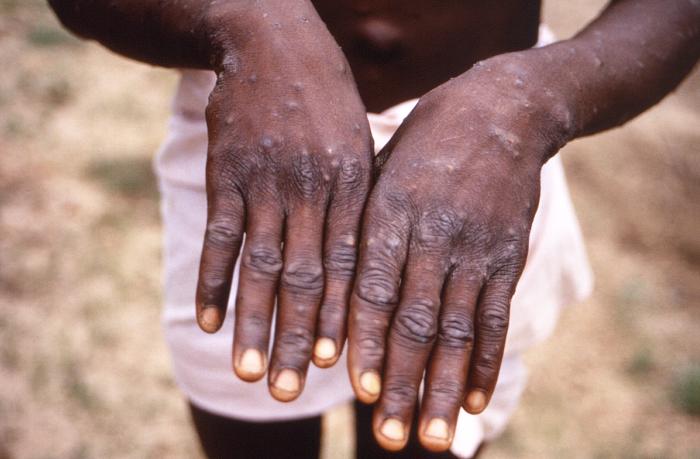During the past month, fourteen monkeypox cases, including one fatality have been reported in four villages in the Sub-prefecture of Mingala in the Central African Republic (CAR), according to Reliefweb (computer translated).
This is the first outbreak of monkeypox in CAR since late 2015 in the Prefecture of Mbomou.

According to health officials, some patients are being treated at the health post Irra Banda, while others are referred to the District Alindao hospital.
In addition, there are reports of 10 fatalities due to an unknown cause in the same villages.
This is the 4th time monkeypox has been reported in CAR. Previously it was seen in Mbomou in 2001 and two years ago in Haute Kotto in addition to the outbreak in Mbomou Dec 2015-Jan 2016.
Monkeypox is a relatively rare disease caused by the virus with the same name, which is found primarily in central and western Africa.
It is closely related to the smallpox virus (variola), the virus used in the smallpox vaccine (vaccinia), and the cowpox virus.
Infection with monkeypox is not as serious as its cousin, smallpox; however, human deaths have been attributed to monkeypox.
According to the CDC, the symptoms of monkeypox are as follows: About 12 days after people are infected with the virus, they will get a fever, headache, muscle aches, and backache; their lymph nodes will swell; and they will feel tired. One to 3 days (or longer) after the fever starts, they will get a rash. This rash develops into raised bumps filled with fluid and often starts on the face and spreads, but it can start on other parts of the body too. The bumps go through several stages before they get crusty, scab over, and fall off. The illness usually lasts for 2 to 4 weeks.
Rodents, such as rope squirrels, door mice and pouched rats, are the suspected reservoir hosts, with monkeys and humans as secondary, spill-over hosts.
People at risk for monkeypox are those who get bitten by an infected animal or if you have contact with the animal’s rash, blood or body fluids. It can also be transmitted person to person through respiratory or direct contact and contact with contaminated bedding or clothing.
There is no specific treatment for monkeypox.
Related:


3 thoughts on “Monkeypox outbreak reported in Mingala, Central African Republic”